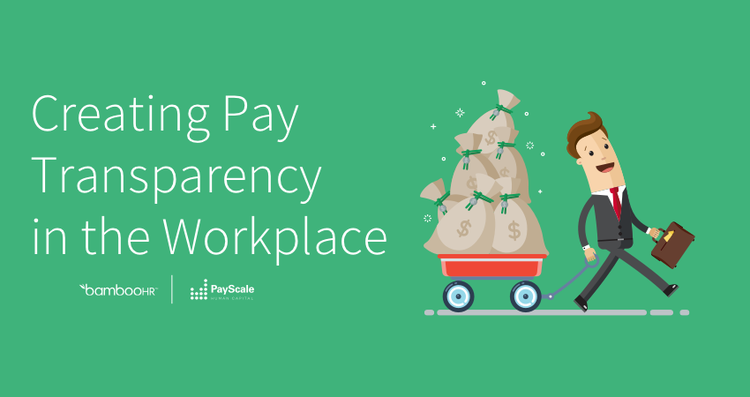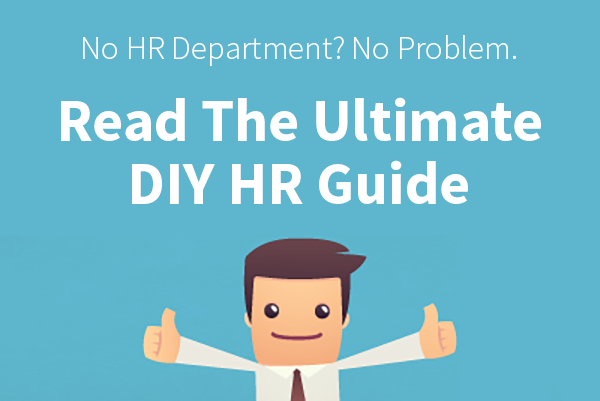What is Inflation?
Inflation Overview
Inflation is an economic term that means a general increase in the price of goods and services within an economy. As the price of these items increases, the economy’s currency buys fewer goods and services. So while consumers may maintain a steady amount of money in their bank account, their purchasing power decreases through inflation.
Inflation can be measured on a single good or service, though it is most often referred to in terms of how it affects an entire economy.
In order to support employees and maintain talent, companies often give wage increases to help offset the increased cost of living. These wage increases come in the form of annual cost-of-living adjustments to salaries or higher wages demanded by new employees.
What Is Inflation Rate?
Inflation is typically measured by the inflation rate, which is calculated by comparing the current price for a set of goods and services to previous prices over time. The inflation rate is most often based on the Consumer Price Index and looks at the goods and services needed to live a comfortable life. This rate is based on a variety of products, such as groceries and cable TV fees, to ensure an accurate reflection of the economy as a whole.
So if an inflation rate is stated at 8 percent, that means commodities like food and fuel, utilities like electricity, and services like travel or healthcare have increased their prices. While one item, fuel for example, may have a price increase that is much more than 8 percent, averaging the whole set of goods and services indicates to consumers what their whole purchasing power may be.
HR software so you can focus on the people, not the paperwork.
BambooHR automates operational tasks and frees HR to perform the big-picture projects that make a difference.
What Are the Main Causes of Inflation?
Many factors can influence inflation. However, there are three main drivers for inflation in most areas: cost-push, demand-pull, and built-in.
Demand-Pull
Inflation can happen when an economy has too much money and not enough goods. This typically happens when there is an influx of cash, leading to a demand for more goods at a rate that companies can’t keep up with. The scarcity of goods drives up prices.
This was a factor after the COVID-19 pandemic when consumers—cash-rich with stimulus checks—unexpectedly increased buying demand. With broken supply chains hampering production, companies could not meet demands fast enough, leading to even more shortages and price spikes on remaining items.
Cost-Push
In this effect, inflation is caused when the price of creating goods and services increases. Manufacturers and companies pass those costs down the supply chain, and consumers end up paying more for products.
This was a factor in driving up fuel prices after nations decided to forego purchasing oil from Russia. The increased cost to find new sources for gas, create new supply lines, or expand drilling capabilities in other countries caused a spike in European and global oil prices.
Built-In
Inflation can also be caused when wages rise to meet the overall cost of living. As employees and companies continue to expect inflation, companies increase compensation to attract and retain talent. This creates a wage-price spiral where companies need to increase the prices for their goods and services in order to maintain the talent they need to produce them.
Are There Benefits to Inflation?
Inflation can impact people, businesses, and nations in both positive and negative ways.
Positive Impacts of Inflation
- The price of tangible assets like real estate gain value for the owners over time.
- Companies maintain a reduced inventory of goods, often increasing margins on products.
- Inflation can lead to wage increases for workers.
- Inflation can reduce unemployment.
Negative Impacts of Inflation
- The purchasing power of consumers decreases, negatively impacting customers, especially people at or below the poverty line purchasing necessities.
- Companies often need to increase wages to help employees maintain their cost of living, increasing expenses for the company.
- Inflation can lead to an economic recession, as consumers begin to favor saving over spending.
- Sometimes companies will choose to downsize or rightsize to deal with reduced consumer demand.

Pay transparency is more than publishing every employee’s salary. Learn the different stages of pay transparency and how you can implement them to increase productivity and performance.

Too many small business leaders handle HR duties all by themselves (or don't both with it at all). For those DIY business leaders, we’ve created a DIY guide to master HR best practices.